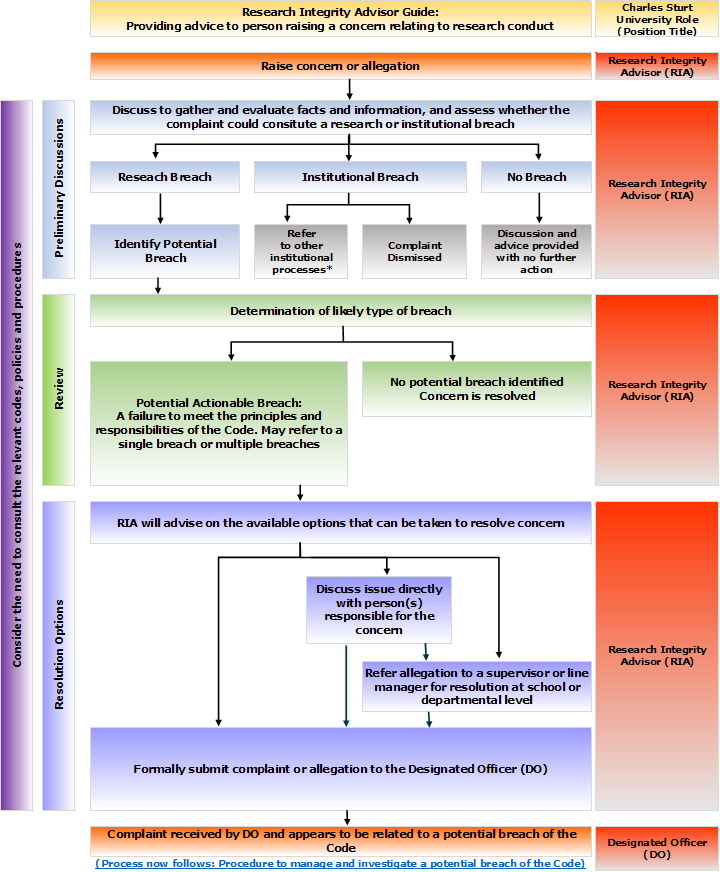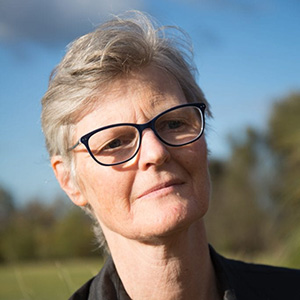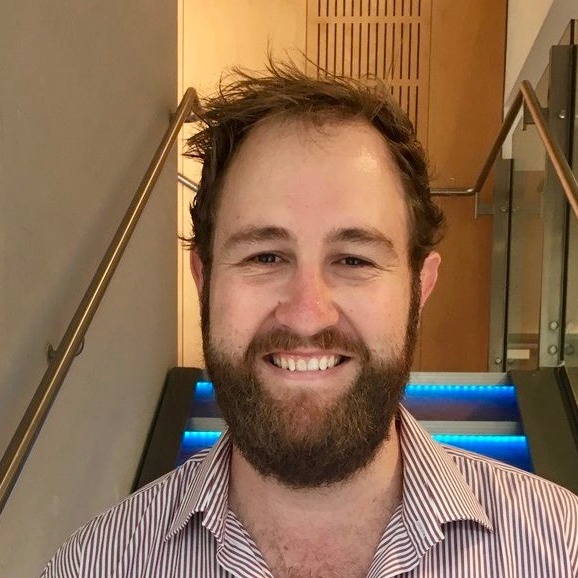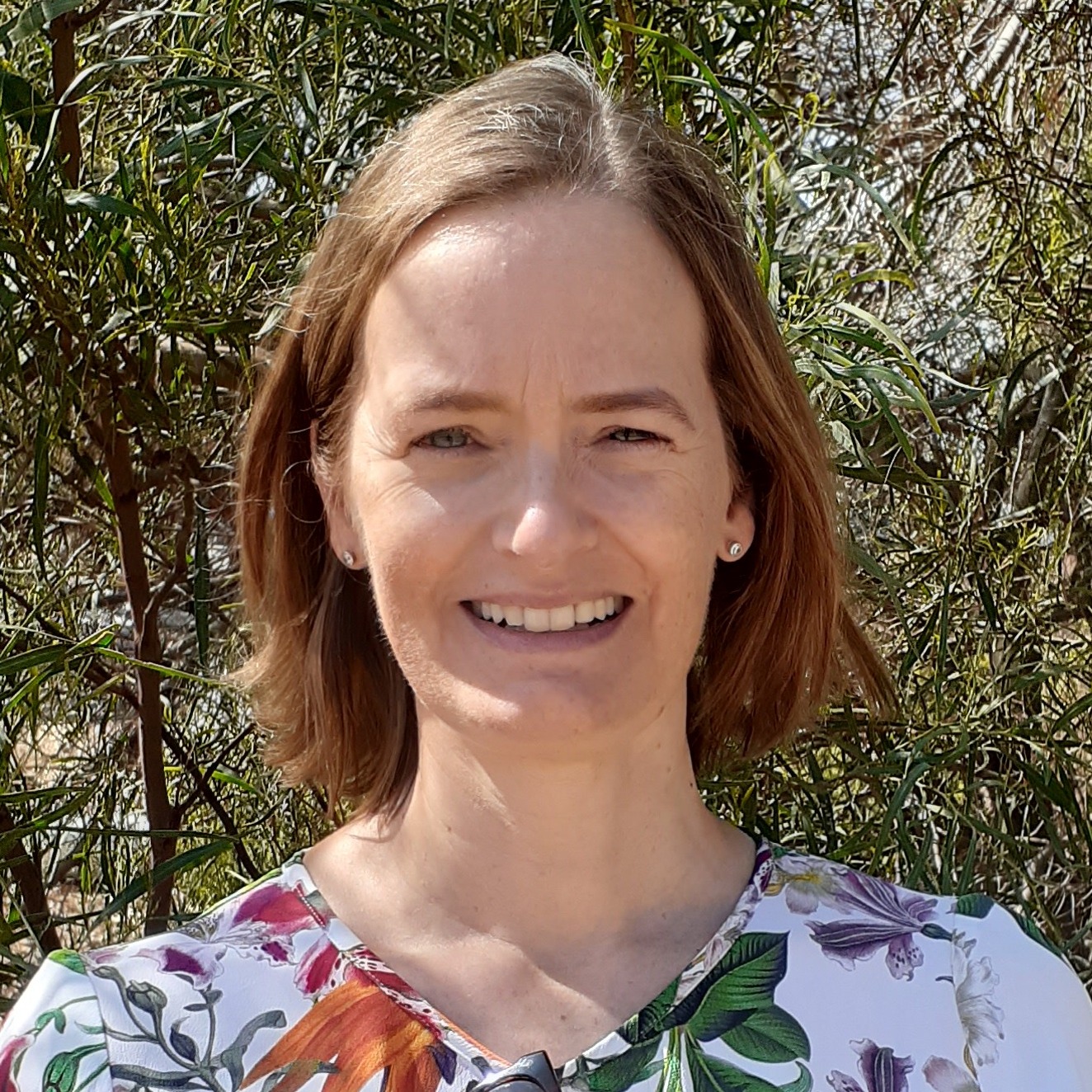Research Integrity Advisors
-
What are RIAs? chevron_right
Research Integrity Advisors (RIAs) play a key role in research ethics and integrity at Charles Sturt University. RIAs interpret the Australian Code for the Responsible Conduct of Research, 2018 (the Code), Charles Sturt policy and procedures so that they can provide advice to University staff and students about the responsible conduct of research. An RIA can also provide advice to any person who is concerned about the conduct of research and seeking options available to them to take the concern forward. If necessary, an RIA will report suspected breaches of the Code to the Designated Officer.
RIAs work closely with the Manager, Research Integrity Unit and the Research Integrity Officer. The role of the RIA does not extend to investigation or determination when dealing with concerns, complaints or breaches of the Code.
The NHMRC has published Research Integrity Advisors, a supporting guide for institutions and Research Integrity Advisors to support the implementation of the Code and compliments the Guide to Managing and Investigating Potential Breaches of the Australian Code for the Responsible Conduct of Research (the Investigation Guide).
-
When to talk to an RIA? chevron_right
If you have a concern or questions about the conduct of research or research practices at the University, then you should speak to an RIA as soon as possible.
Research Integrity Advisors provide the first point of contact for anyone who is concerned with the responsible conduct of research at Charles Sturt University and can assist with providing an objective evaluation process of the matter in relation to the University policies and procedures. The RIA will guide the individual through the options available to them to take the matter further or resolve the issue.
It may be that you think authorship on a publication hasn't been fairly decided, someone is making up results, or someone has stolen some of your original work. If it relates to the conduct of research, then you should speak to an RIA.
Before the meeting...
Like all members of the University, RIAs have a responsibility to report instances of research misconduct. This means that we cannot say that the discussions that you might have with an RIA are 'confidential'. Occasionally, an RIA will need to report a concern even if the person seeking their advice doesn't want it to go any further (this will only be for the most serious of research misconduct matters).
The discussions that you have with an RIA will be handled confidentially and recorded with meeting notes. However, if the discussion identifies a serious risk or breach, the RIA may need to take action even if you don't want them to. If you want to have a useful discussion without divulging identities or obligating the RIA to report the concern, consider how you can describe the situation as hypothetical. The RIA can still provide you with the right advice about the best next steps.
You should also think about any evidence that you have access to that will help the RIA make a proper assessment of the situation. For example, drafts of manuscripts or altered images. It isn't your job to collect all the evidence (that may be part of an investigation), but if there are things that you can get hold of, it will be helpful. Your RIA will talk to you about this.
During the discussion
At the start of the meeting, you will be provided with a Research Integrity Advice Information Form, which will explain the process, your options and what an RIA can and cannot do. The RIA will listen to you, take notes and will ask questions so that she or he has enough information to offer you some advice. You might wish to bring someone along with you as a 'support person'.
What happens after the discussion?
After the initial discussion, your RIA may need to consult with other experts in the University about the best way to proceed and ensure that you are getting the best advice. This may take a couple of days. The RIA will ensure that these discussions are discreet and won't be 'broadcasting' any details. This is another reason why we can't say that the discussions held between RIAs and people seeking their advice are confidential, but it certainly doesn't mean that the discussion will become widely known or talked about.
-
Have a query or want to report an issue? chevron_right
Staff and students of the University and members of the community can directly contact RIAs for support and advice. If you're unsure which advisor to contact, you can submit a query form and an RIA will get in contact with you.
More information can be found on the Breaches and Misconduct page.
What to expect?

Who are our Research Integrity Advisors?

Professor Catherine Allan
School of Agricultural, Environmental and Veterinary Sciences
Professor Allan's research is in multidisciplinary fields, focused on social, institutional and human aspects of natural resource and environmental management. She is also a member of the Institute for Land, Water and Society.
Since joining Charles Sturt in 2004, Associate Professor Allan's teaching and research role has included supervising research students and serving on the Charles Sturt Human Research Ethics Committee as a member and as Presiding Officer.
Email: callan@csu.edu.au

Dr Ian Skinner
School of Allied Health, Exercise and Sports Sciences
Campus: Port Macquarie
Dr Ian Skinner commenced at Charles Sturt University as a senior lecturer in the physiotherapy department on the Port Macquarie Campus in January 2020. Ian previously taught at UTS in the Master of Physiotherapy program.
Dr Skinner is an early career researcher interested in the mechanisms and management of pain and the efficacy of patient centred approaches to treat people with debilitating conditions. He has presented both nationally and internationally as an invited speaker on the nature of pain and on evidence-based interventions for pain management in clinical practice.

Dr Kate Freire
Three Rivers Department of Rural Health
Campus: Albury/Wodonga
Dr Freire joined Charles Sturt in 2019 at the School of Allied Health, Exercise and Sports Sciences with over 20 years of clinical experience as a physiotherapist. Dr Freire moved to the role of Research Fellow with the Three Rivers Department of Rural Health in 2020.
Dr Freire is keenly interested in rural health with interests in:
- Physical activity (especially child-parent physical activity partnerships)
- Participatory and mixed methods research
- Health and wellbeing in regional settings
- Evidence-based practice
- Women’s health
- Occupational health

Dr Cliff Lewis
School of Business
Campus: Bathurst
Cliff joined CSU in 2018, and is currently a Senior Lecturer in Marketing.
After completing a PhD in Tourism Marketing, Clifford moved into the Market Research Industry and worked as a consultant for a range of private and public sector clients. During this time, he worked on projects related to new product development, service creation and implementation, customer relation management, pricing strategies, brand development, and marketing communications.
Research interests:
- Destination marketing
- Millennials and tourism
- Rural tourism
- LGBTQIA+ Pride Events
Email: cllewis@csu.edu.au
Phone: 02 63386364
